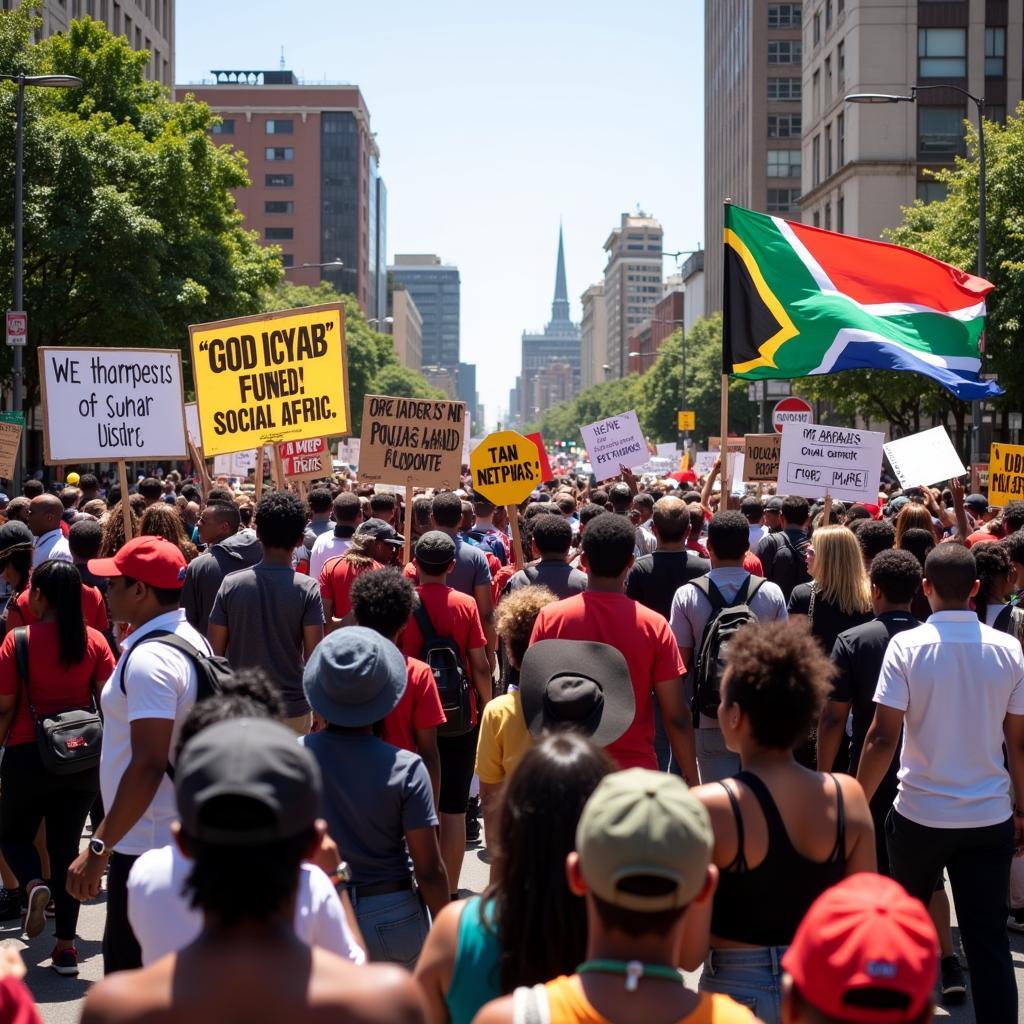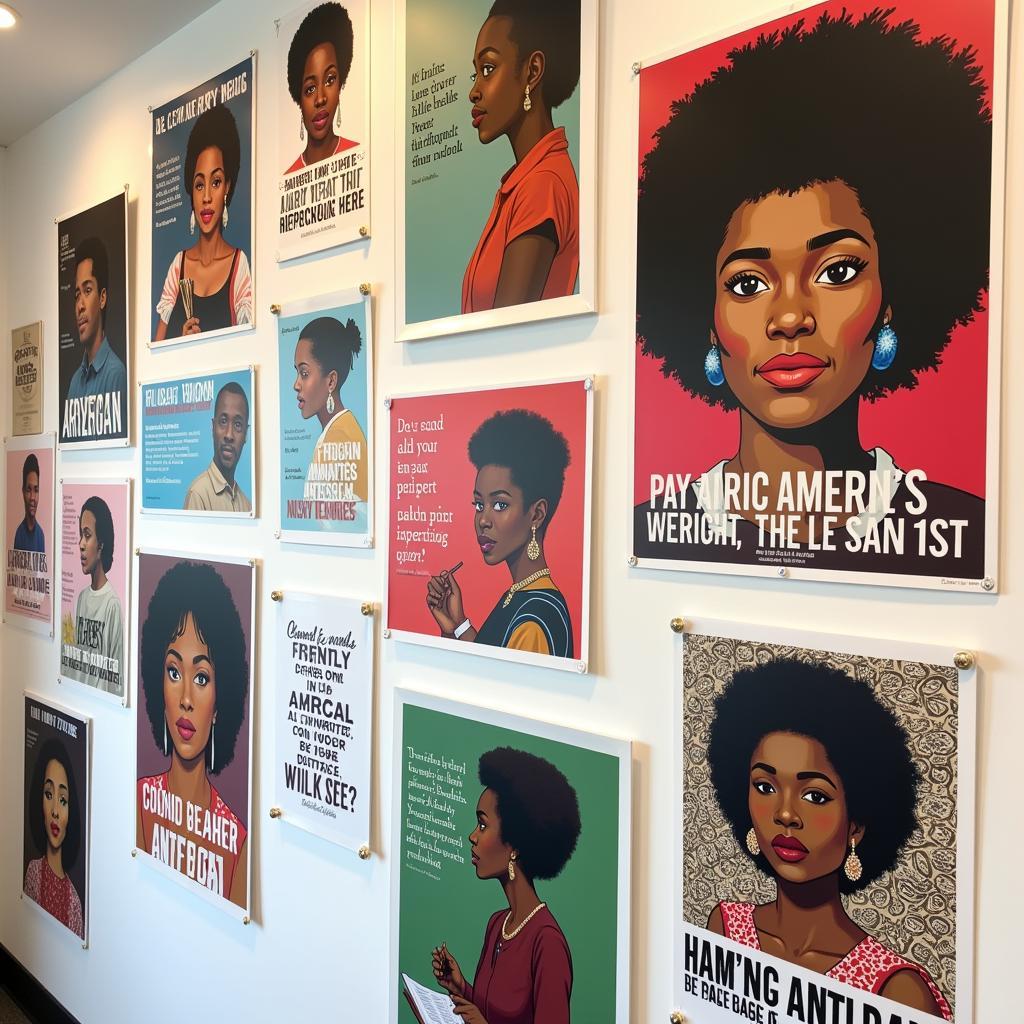Exploring South Africa’s 1 May Public Holiday: Worker’s Day
The 1 May South African Public Holiday, known as Worker’s Day, is a significant date on the nation’s calendar. It’s a time for reflection on labor rights, celebrating achievements, and looking forward to a better future for all working people. Let’s delve into the rich history and modern significance of this important day.
A Brief History of Worker’s Day in South Africa
Worker’s Day, observed on 1 May each year, commemorates the struggles and triumphs of the labor movement globally and within South Africa. The date’s origins lie in the late 19th-century international labor movement’s push for an eight-hour workday. In South Africa, the fight for worker’s rights was intertwined with the struggle against apartheid, making 1 May a particularly poignant reminder of the sacrifices made for fair labor practices and equality. The first official celebration of May Day in South Africa took place in 1994, following the end of apartheid. This marked a new era for worker’s rights in the country.
The Significance of 1 May in Modern South Africa
Today, the 1 May South African public holiday continues to hold immense significance. It serves as a platform to address ongoing challenges faced by workers, advocate for better working conditions, and promote fair labor practices. It’s also a day to acknowledge the contributions of workers across all sectors to the nation’s economy and society. Worker’s Day serves as a vital reminder of the ongoing need for dialogue and cooperation between employers and employees to build a more equitable and prosperous future.
How is Worker’s Day Celebrated in South Africa?
Worker’s Day celebrations vary across South Africa. Many trade unions organize marches and rallies to highlight current labor issues and call for improved working conditions. These events often feature speeches from union leaders, politicians, and community activists. Other celebrations include community gatherings, cultural performances, and family-friendly activities.
 Workers Day March in South Africa
Workers Day March in South Africa
“Worker’s Day is not just a day off,” says Dr. Mandla Ngcobo, a prominent South African labor historian. “It’s a day to remember the struggles of the past, celebrate the progress made, and reaffirm our commitment to a just and equitable future for all workers.”
The Legal Framework Surrounding Worker’s Day
Worker’s Day is a paid public holiday in South Africa, enshrined in the Public Holidays Act. Employers are required to grant employees the day off or provide appropriate compensation if work is required on that day. This legal framework underscores the importance placed on recognizing the contributions of workers and protecting their rights.
2017 south african calendar with public holidays printable
What if I have to work on Worker’s Day?
If you are required to work on Worker’s Day, you are entitled to additional compensation as per the Public Holidays Act. This usually involves receiving double pay or an equivalent time off in lieu.
 Workers Day Community Event
Workers Day Community Event
“The legal protections surrounding Worker’s Day are essential for ensuring that workers are treated fairly,” adds Advocate Nomusa Khumalo, a specialist in labor law. “They reflect the societal value placed on the contributions of working people and the importance of balancing work and rest.”
Conclusion: The Continuing Importance of 1 May in South Africa
The 1 May South African public holiday remains a powerful symbol of the ongoing fight for worker’s rights and social justice. It’s a day to reflect on the past, celebrate the present, and look towards a future where all workers are treated with dignity and respect.
FAQ
- Is 1 May a paid public holiday in South Africa? Yes, Worker’s Day is a paid public holiday.
- What are the origins of Worker’s Day? It originated in the late 19th-century international labor movement’s fight for an eight-hour workday.
- How is Worker’s Day typically celebrated? Celebrations include marches, rallies, community gatherings, and cultural performances.
- What are the legal implications for working on Worker’s Day? Employers must provide additional compensation or time off in lieu if employees work on this day.
- Why is Worker’s Day important in modern South Africa? It serves as a platform to address ongoing labor issues and advocate for better working conditions.
- When was the first official Worker’s Day celebrated in South Africa? In 1994, following the end of apartheid.
- Where can I find more information about labor rights in South Africa? You can contact your local trade union or the Department of Labour.
african american music appreciation month
Need more information about African cultures? Check out our other articles on African holidays and cultural events.
When you need assistance, please contact us at Phone Number: +255768904061, Email: kaka.mag@gmail.com Or visit us at: Mbarali DC Mawindi, Kangaga, Tanzania. We have a 24/7 customer service team.

